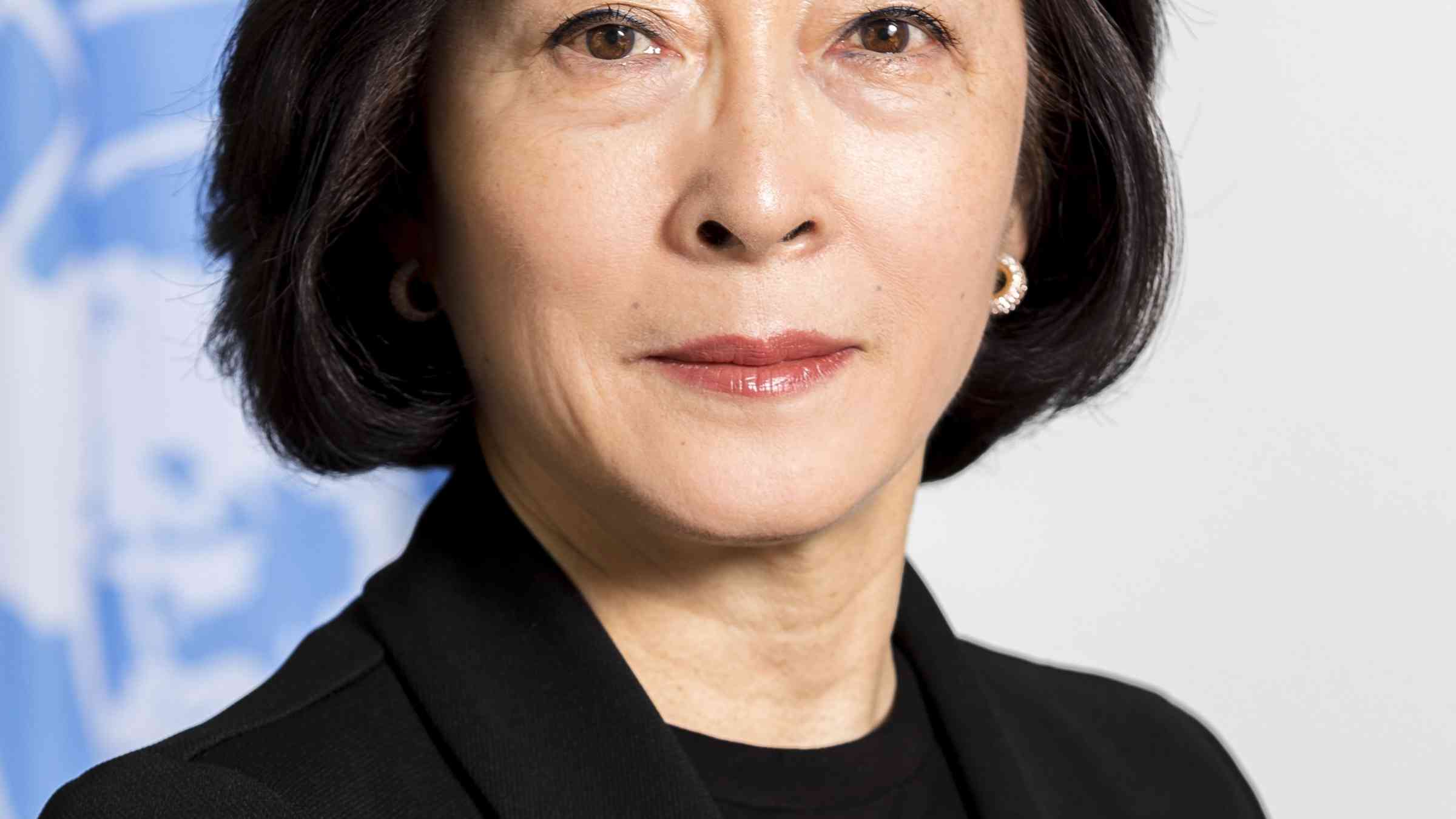The human rights dimensions of the COVID-19 pandemic

Statement by Mami Mizutori, the UN Secretary-General's Special Representative for Disaster Risk Reduction
The COVID-19 pandemic may be the final proof we needed to understand that we are living in a time when our actions and inactions have driven the planet beyond its boundaries.
The interactions between disease outbreaks and other drivers of disaster risk including poverty, slum-like living conditions, lack of international solidarity and pandemic preparedness, the increasing number of extreme weather events.. they all contribute to a world in which the human rights of millions of people are under great strain.
The people hit hardest, are those who have done the least to cause these changes – those who live in extreme poverty and those who live under constant risk even without the coronavirus.
Nothing lays bare inequality and discrimination like a disaster.
The failure to respect people’s human rights creates marginalized and vulnerable groups exposed to discrimination and exclusion. These vulnerable populations are far more likely to suffer disproportionately in a pandemic or any other hazard.
Disasters magnify social inequalities and further disadvantage those who are already vulnerable.
In the case of COVID-19 these inequalities are glaringly obvious.
The most basic necessities to keep safe including water, soap and sanitation are absent from the lives of millions for whom physical distancing is a luxury.
Achieving universal health care has long been the goal of the World Health Organization and only now the entire world sees that when one person is deprived of the right to access basic health care it puts us all at risk.
Another aspect of the risk is displacement triggered through the mass exodus of migrant workers forced to return home, often with nothing but the clothes on their backs.
Such displacement makes people vulnerable to trafficking, abuse and harassment.
We know that women and girls face increased sexual and gender-based violence in disaster settings.
Domestic abuse and violence has become a tragic feature of this pandemic.
We are witnessing that when state actors implement emergency measures to contain the crisis, sometimes basic rights are infringed.
In some cases, we have seen authorities foster an environment that allows latent prejudice to come to the surface.
The UN Secretary-General said last week that “the pandemic continues to unleash a tsunami of hate and xenophobia, scapegoating and scare-mongering” and he has urged governments to “act now to strengthen the immunity of our societies against the virus of hate.”
The extent to which harm from disasters can be mitigated is often linked to whether human rights concerns have indeed been incorporated into disaster prevention, preparedness and response actions.
The UN Office for Disaster Risk Reduction is charged to convene the UN system to deal with reducing risk and building resilience to disasters.
UNDRR is the custodian of the Sendai Framework for Disaster Risk Reduction adopted in 2015 as the global blueprint for reducing disaster risk and losses.
We operate from the starting point that preventing and reducing disaster risk is also a means to protect and promote human rights.
Under the Sendai Framework, 81 UN member States have drafted national strategies for disaster risk reduction, as they all committed to do by the end of this year. I have to say that few of them take adequate account of pandemic preparedness.
So our regional offices are working with member States now to correct this and this review must ensure that strategies for disaster risk reduction are inclusive, people-centred in line with the Sendai Framework which calls for the promotion and protection of all human rights
A key theme of the Sendai Framework is accountability. It emphasizes the importance of disaster risk reduction being integrated into public policy so that basic human rights are protected when the work of disaster risk management proceeds.
We must do more on this front. We must look at persons at risk as people with human rights and not just as beneficiaries of humanitarian actions.
Persons at risk of a pandemic or any disaster must be consulted and must participate in making decisions relevant to their lives.
People who participate in shaping their future recover better from the shock of disasters, build their resilience and bounce back.
We need to recover and recover better from this pandemic. The new normal has to be a world devoid of inequalities.